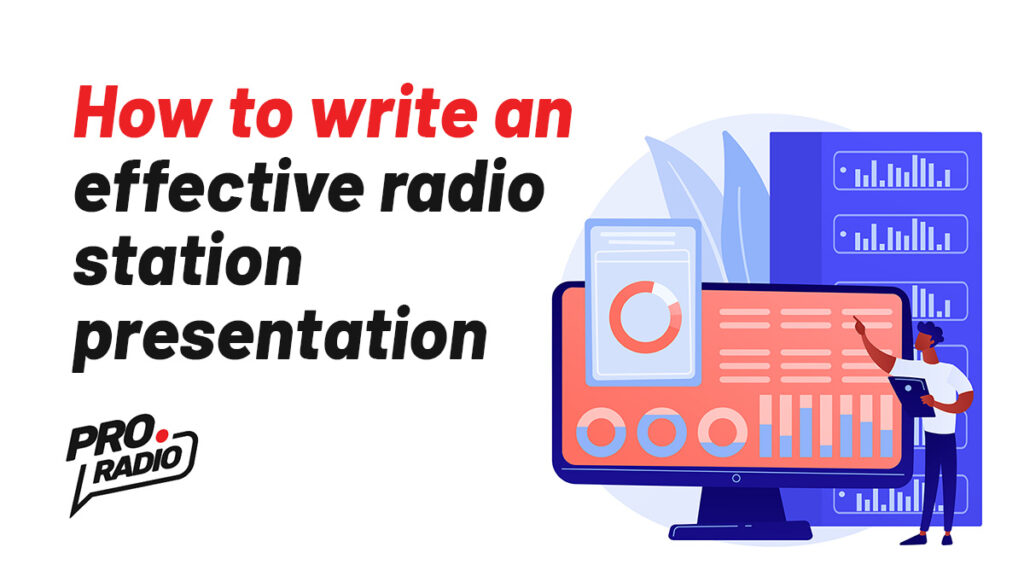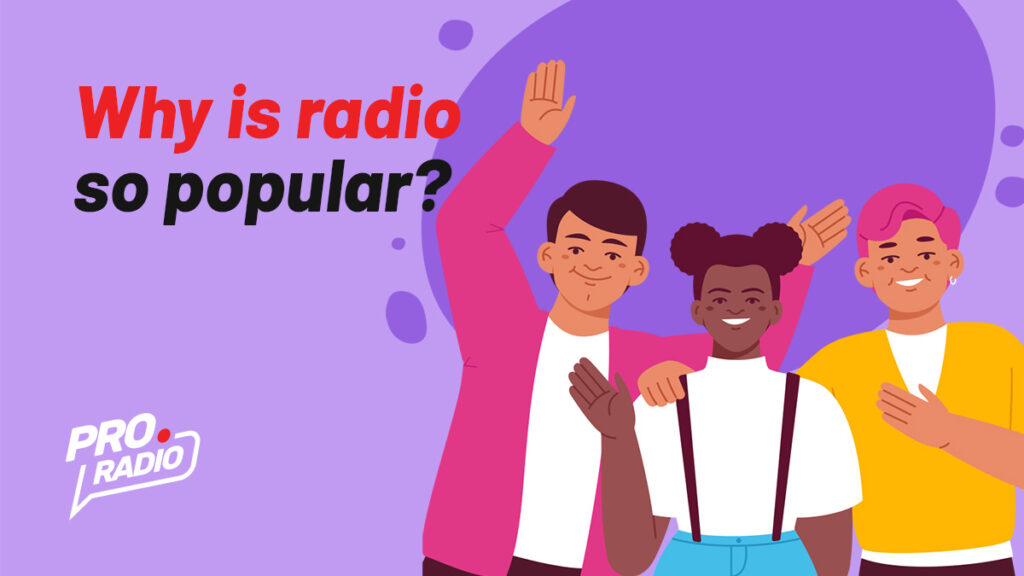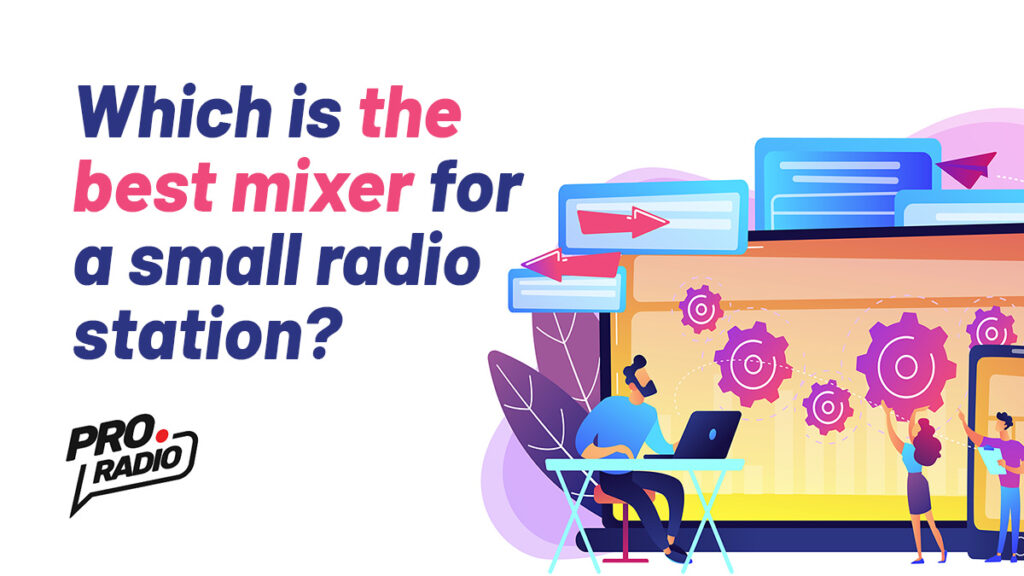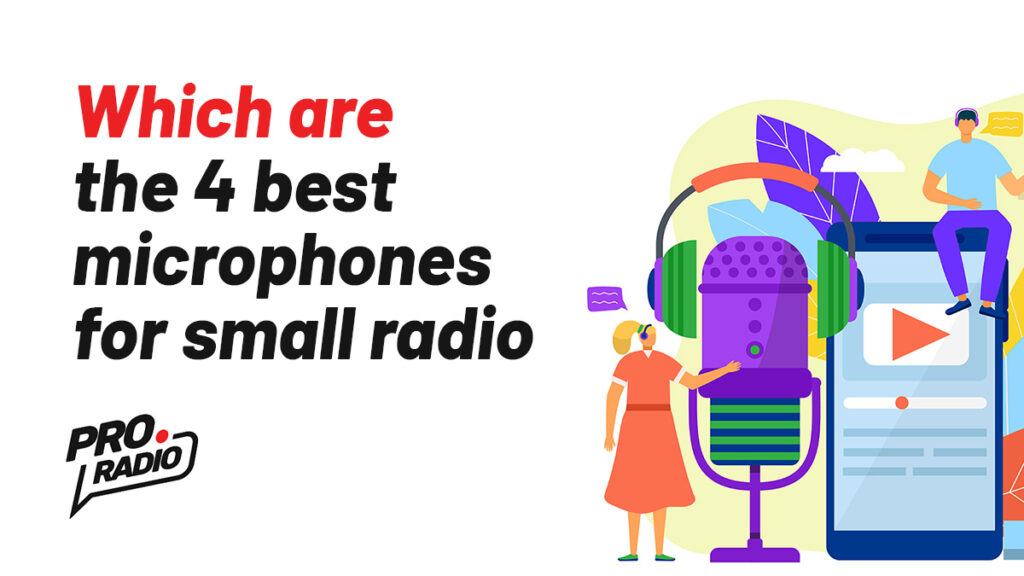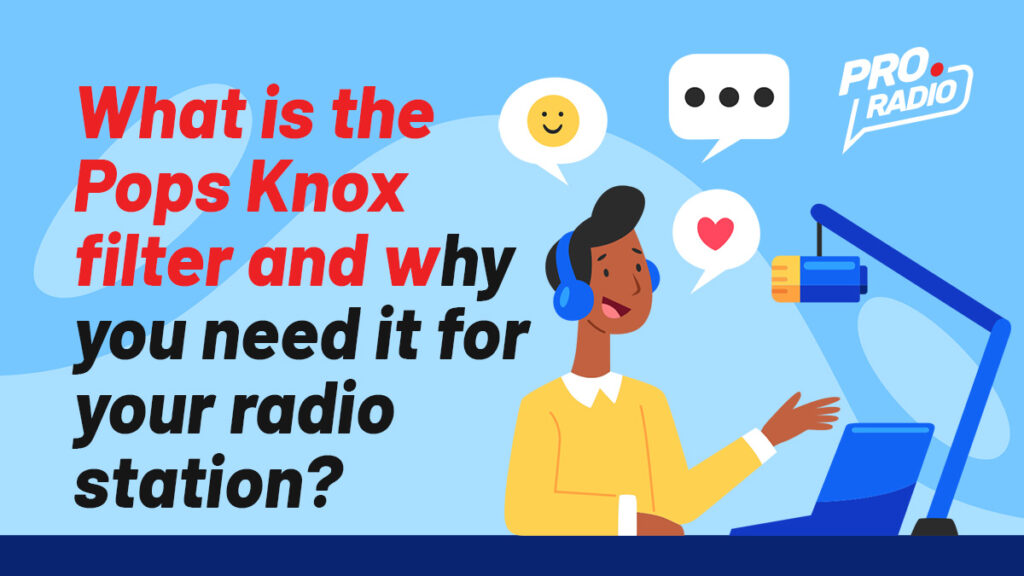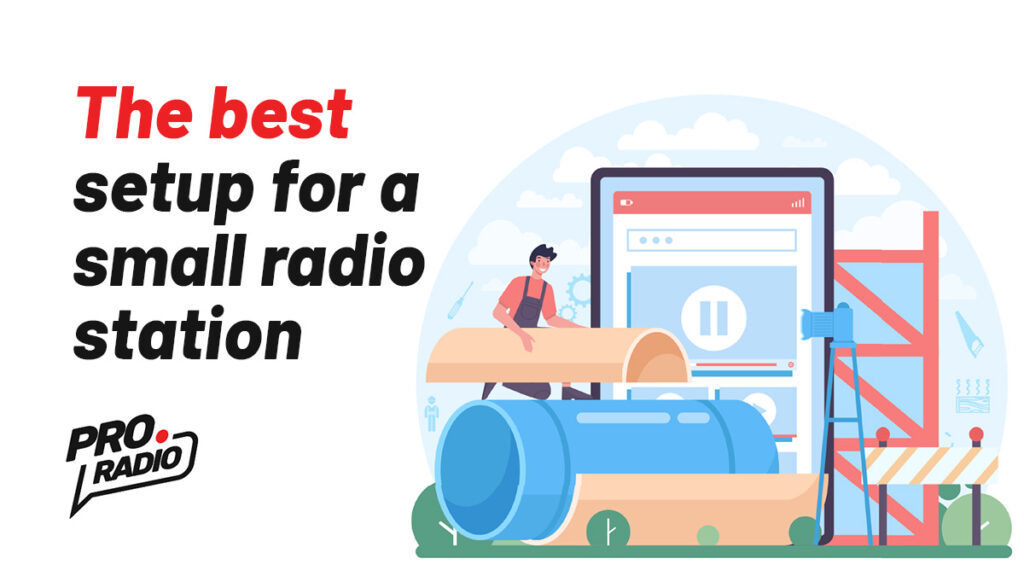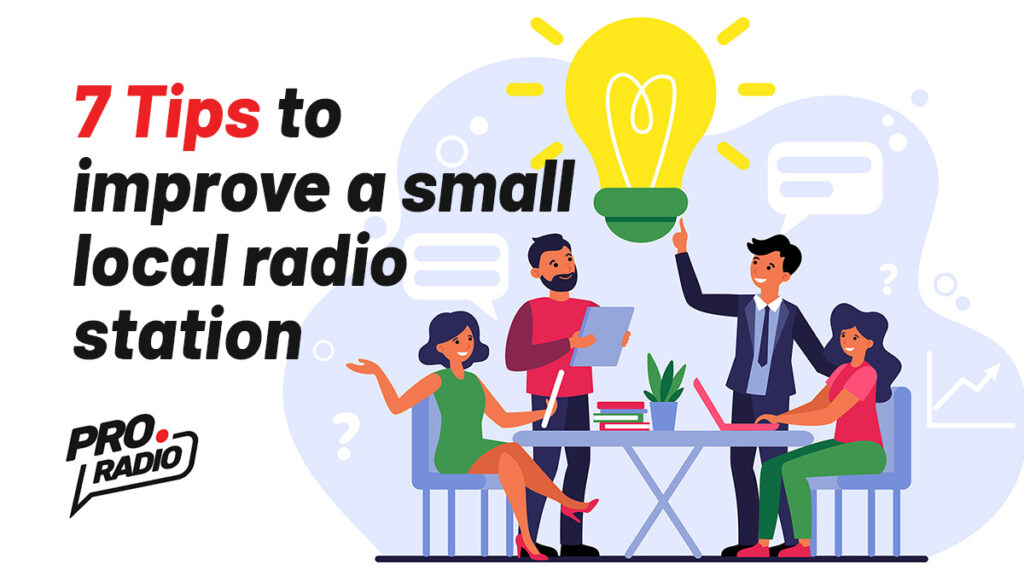How to write an effective radio station presentation
An effective radio station presentation can be a powerful tool for attracting listeners, securing sponsorships, and promoting your station. Here are a few tips for writing an effective radio station presentation: Define your audience: Before you start writing, think about who your presentation is for. This could be potential sponsors, listeners, or other stakeholders. Knowing your audience will help you tailor your presentation to their needs and interests. Identify your key message: Determine the main message you want to convey in your presentation. This could be the unique value proposition of your radio station, its target audience, or its programming. Organize your content: Organize your content in a logical and coherent way, using headings and subheadings to break up the information and make it easier to follow. Use visuals: Incorporate visuals such as graphs, charts, and images to help illustrate […]
